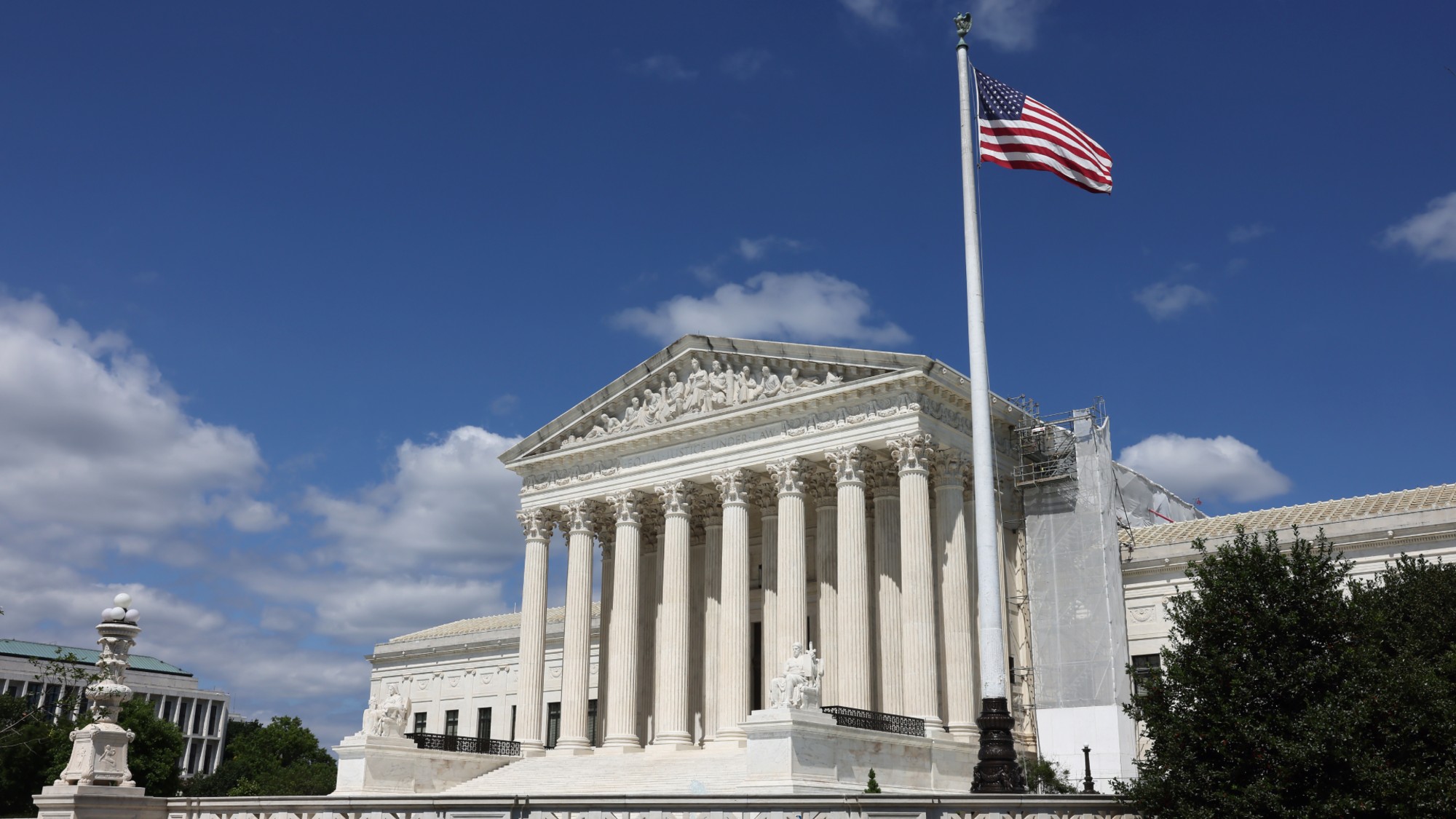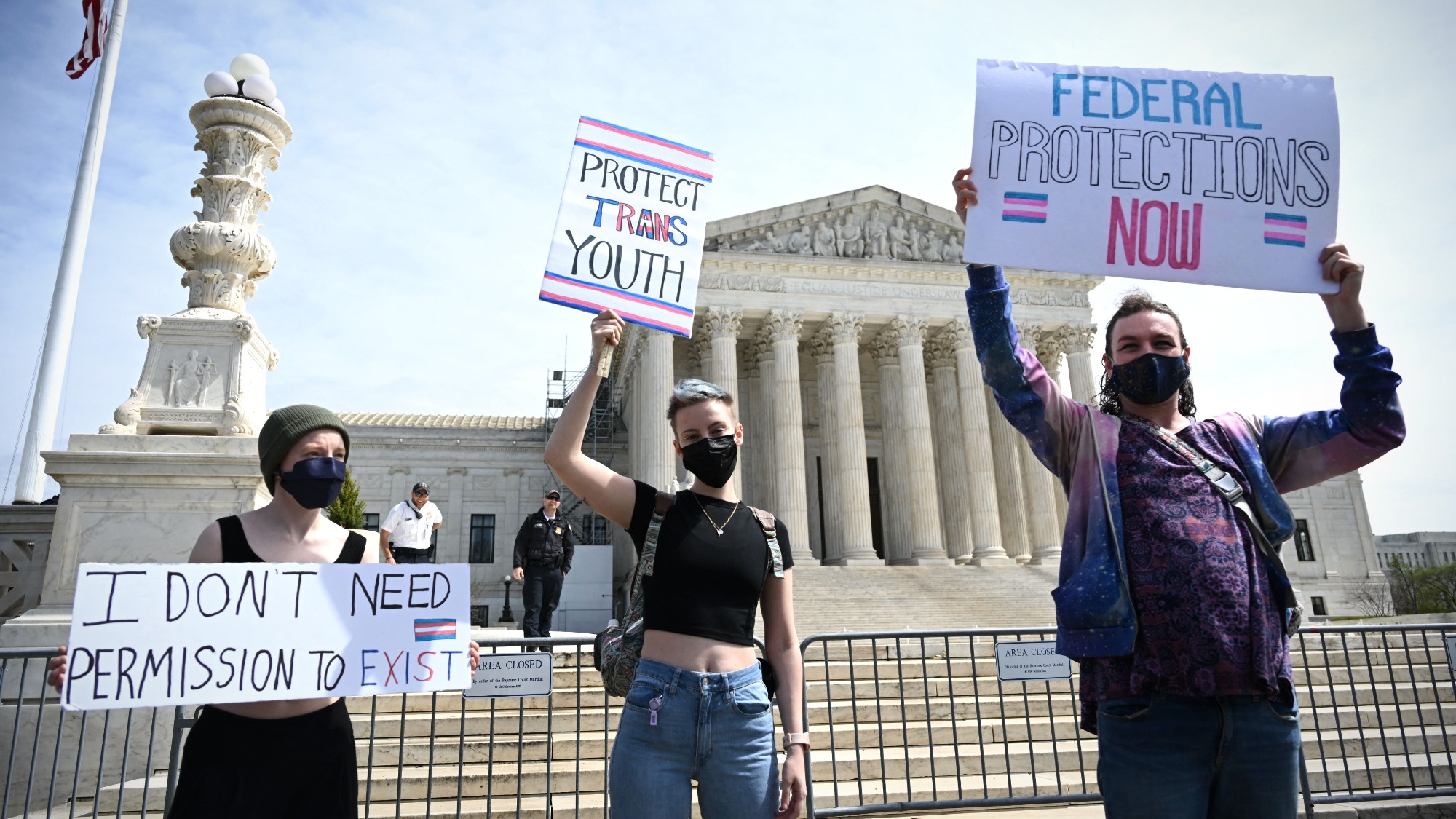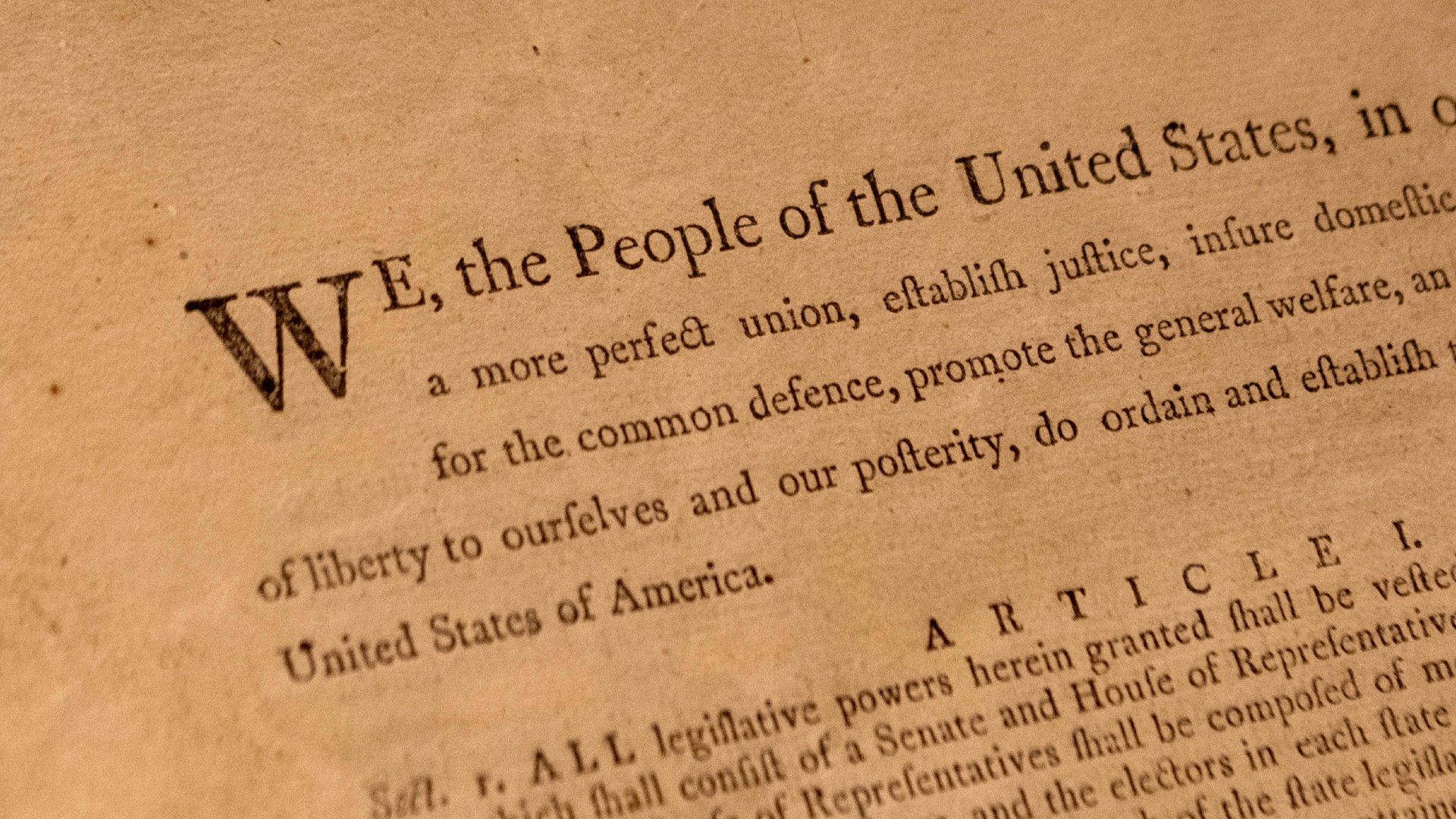Pros and cons of the Rwanda deportation policy
Supporters claim it acts as a deterrent but others say it is illegal and not value for money

A free daily email with the biggest news stories of the day – and the best features from TheWeek.com
You are now subscribed
Your newsletter sign-up was successful
Rishi Sunak wants to push through emergency legislation to classify Rwanda a "safe" country after the Supreme Court ruled his government's flagship policy to send illegal migrants there is illegal.
The prime minister said he would bring a new "draft treaty" to MPs within days, followed by an emergency bill in the coming weeks "that essentially says Sunak thinks he's now following the law so don't take him to court", reported Politico's London Playbook.
The multimillion-pound plan to send migrants to Rwanda was first announced back in April 2022 under the then PM Boris Johnson. It has since become central to Sunak's pledge to "stop the boats" crossing the Channel by the next election. It has proved hugely divisive, however.
The Week
Escape your echo chamber. Get the facts behind the news, plus analysis from multiple perspectives.

Sign up for The Week's Free Newsletters
From our morning news briefing to a weekly Good News Newsletter, get the best of The Week delivered directly to your inbox.
From our morning news briefing to a weekly Good News Newsletter, get the best of The Week delivered directly to your inbox.
Pro: it acts a deterrent
The main argument made by successive home secretaries is that the threat of deportation to Rwanda acts as a strong deterrent to people seeking to travel to the UK illegally.
The government's lawyer, James Eadie KC, told the Supreme Court there is a "serious and pressing need to take effective steps that will act as a deterrent to those undertaking the perilous and sometimes life-threatening journey, typically across the Channel from a safe country, normally France".
Home Secretary James Cleverly told Sky News: "The deterrent effect of Rwanda is already having an effect in the thinking of the people smugglers."
Con: inhumane and illegal
Opponents of the Rwanda plan claim it is fundamentally inhumane and in breach of multiple international agreements protecting the rights of refugees.
A free daily email with the biggest news stories of the day – and the best features from TheWeek.com
They point specifically to Rwanda's questionable human rights record. Author Michela Wrong in The Guardian described the country as "one of most repressive nations in Africa" that "muzzles the press and human rights activists and opposition leaders are killed or jailed, or simply 'disappear'". Rwanda ranks as "not free" on the Freedom House think tank's freedom index.
Even the UK Home Office's report on human rights in the country, published in May 2022, invited probing questions about why Rwanda was selected as a location to send asylum seekers who arrive in the UK.
Pro: other countries do it (or want to)
While UK courts may have ruled the plan illegal, the Rwanda deal appears to have set a blueprint for other countries looking to strengthen their migration polices.
Earlier this month Italy announced an accord to set up Rwanda-style migration holding centres in Albania, while Germany and Austria "are pushing ahead with controversial plans of their own to send asylum seekers to third countries", said the Financial Times.
Con: it doesn't work
A long-awaited "impact assessment" of the Illegal Migration Bill published in June concluded it was "not possible to estimate with precision the level of deterrence" the Rwanda scheme, or something similar to another third country, would have.
The report noted academic consensus that there is "little to no evidence" policy changes deter people leaving their home countries and seeking refuge. Instead, shared language, culture and family ties were accepted to be "strong factors" influencing the choice of final destination.
In fact, said Tortoise Media, deterrence measures and tough border policies are "likely to have the opposite effect". Such policies "incentivise pre-emptive migration and push temporary migrants into permanent settlements out of fear of future restrictions, while driving migration underground and diverting geographical routes to more dangerous and deadly options", it said.
Pro: it is backed by the public
While it may have failed to win the backing of the Supreme Court, the Rwandan deportation policy does have support among the public, according to a poll earlier this year.
Support had remained "relatively unchanged" since it was first announced in May 2022, The Times reported. A survey for the More in Common think tank carried out in April this year found that 46% of people still supported it, compared with 27% who opposed it.
Polling for Savanta, after the Supreme Court ruling, showed that 47% of the public still backed it, rising to 67% of those who are Conservative voters. This "illustrates why the Tories are set on pursuing the policy despite the Supreme Court's ruling on Wednesday", said the i news site.
Con: cost
The Home Office has refused to publish the payments agreed with the Rwandan government, citing "commercial sensitivities". These are on top of the £140 million payment handed over to Kigali as part of a deal signed under the Johnson government.
However, the government's own impact assessment of the deal estimated the cost of sending a single person seeking asylum to Rwanda could be almost £170,000. It also conceded that ministers did not know the overall costs of the plan.
What then, asked Isabel Hardman in The Spectator, "is the point of the government’s flagship Rwanda deportation scheme if it isn't going to save money for the taxpayer?". It is, she added, the "cost of policy making that is about symbols rather than things working".
-
 Are Big Tech firms the new tobacco companies?
Are Big Tech firms the new tobacco companies?Today’s Big Question Trial will determine if Meta, YouTube designed addictive products
-
 El Paso airspace closure tied to FAA-Pentagon standoff
El Paso airspace closure tied to FAA-Pentagon standoffSpeed Read The closure in the Texas border city stemmed from disagreements between the Federal Aviation Administration and Pentagon officials over drone-related tests
-
 Political cartoons for February 12
Political cartoons for February 12Cartoons Thursday's political cartoons include a Pam Bondi performance, Ghislaine Maxwell on tour, and ICE detention facilities
-
 How far does religious freedom go in prison? The Supreme Court will decide.
How far does religious freedom go in prison? The Supreme Court will decide.The Explainer The plaintiff was allegedly forced to cut his hair, which he kept long for religious reasons
-
 The Supreme Court case that could forge a new path to sue the FBI
The Supreme Court case that could forge a new path to sue the FBIThe Explainer The case arose after the FBI admitted to raiding the wrong house in 2017
-
 Assisted dying: will the law change?
Assisted dying: will the law change?Talking Point Historic legislation likely to pass but critics warn it must include safeguards against abuse
-
 Supreme Court to weigh transgender care limits
Supreme Court to weigh transgender care limitsSpeed Read The case challenges a Tennessee law restricting care for trans minors
-
 Rwanda law suffers Northern Ireland setback
Rwanda law suffers Northern Ireland setbackSpeed Read Belfast High Court finds Illegal Migration Act clashes with Good Friday Agreement human rights provisions
-
 Supreme Court wary of state social media regulations
Supreme Court wary of state social media regulationsSpeed Read A majority of justices appeared skeptical that Texas and Florida were lawfully protecting the free speech rights of users
-
 The pros and cons of a written constitution
The pros and cons of a written constitutionPros and Cons Clarity no substitute for flexibility, say defenders of Britain's unwritten rulebook
-
 Judges allowed to use ChatGPT to write legal rulings
Judges allowed to use ChatGPT to write legal rulingsSpeed Read New guidance says AI useful for summarising text but must not be used to conduct research or legal analysis